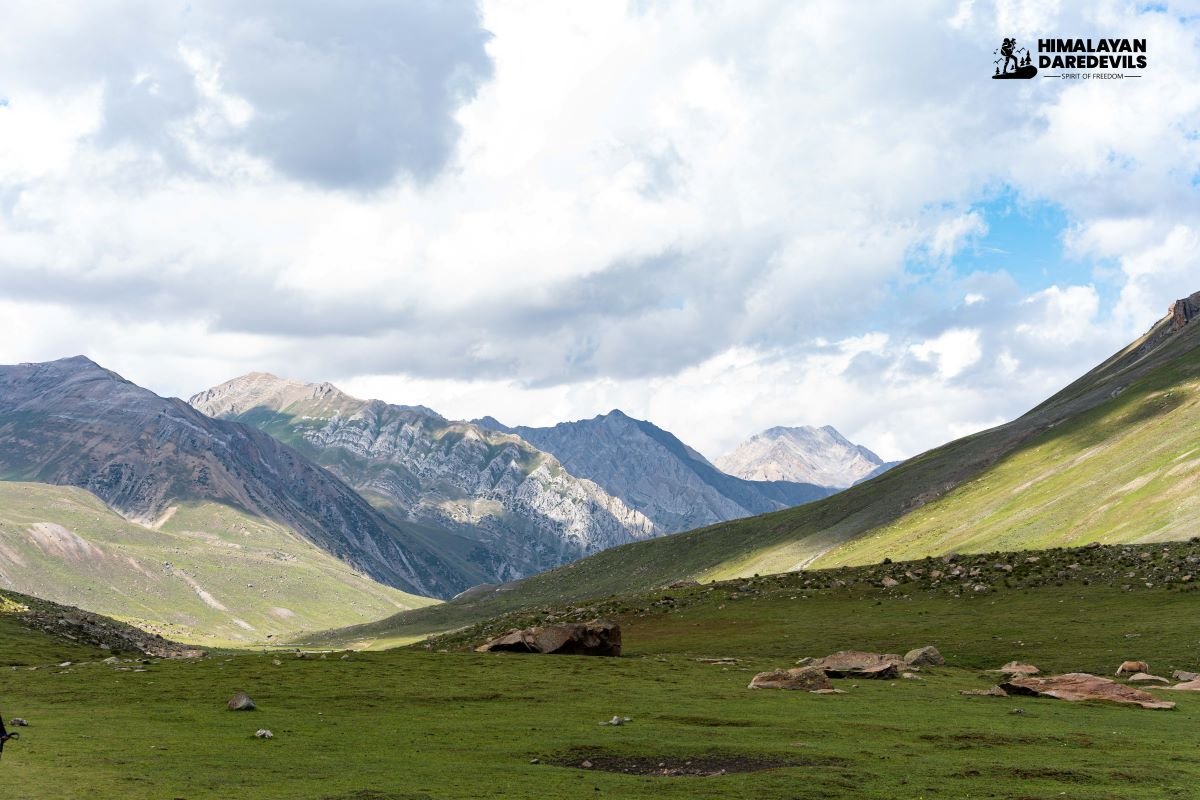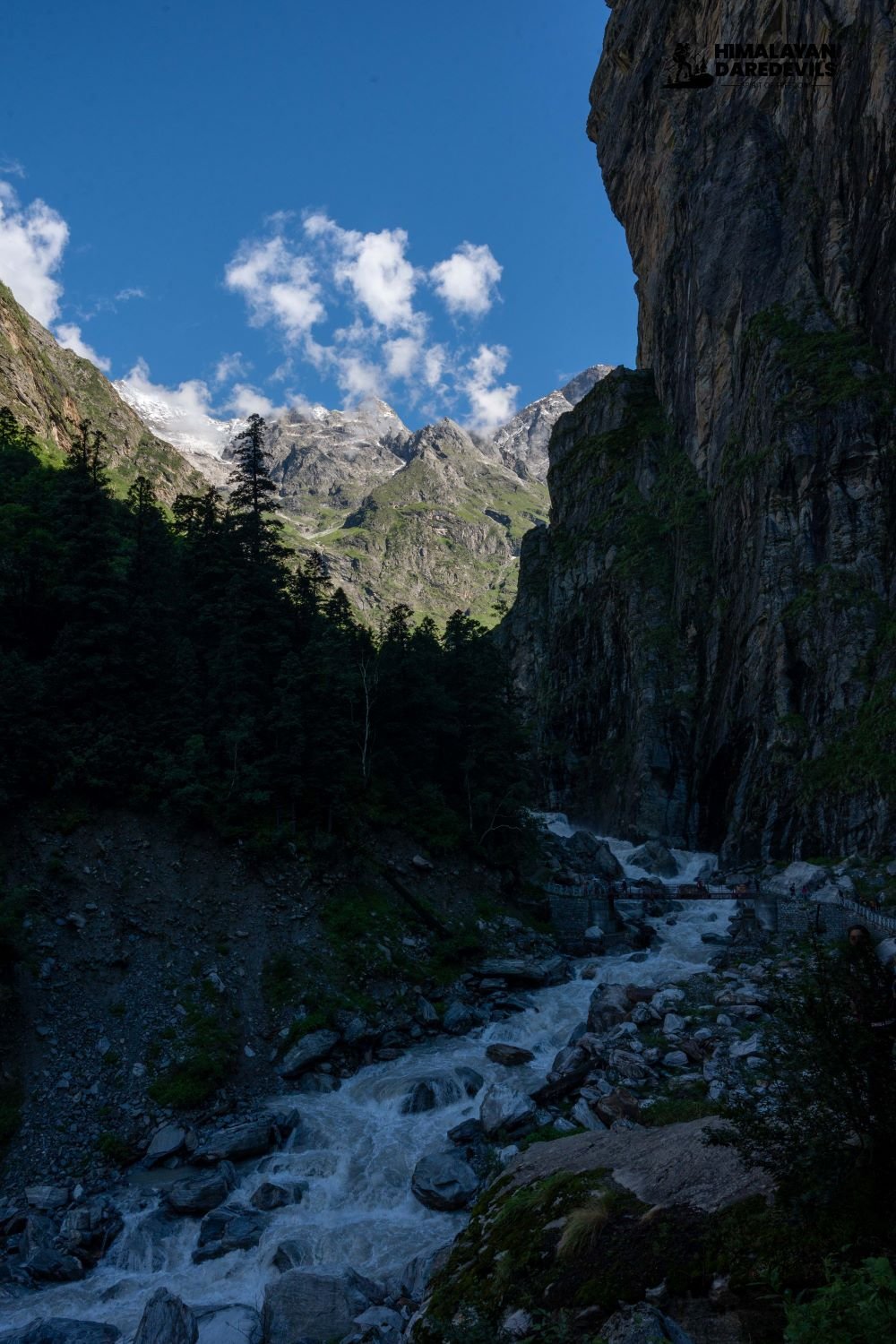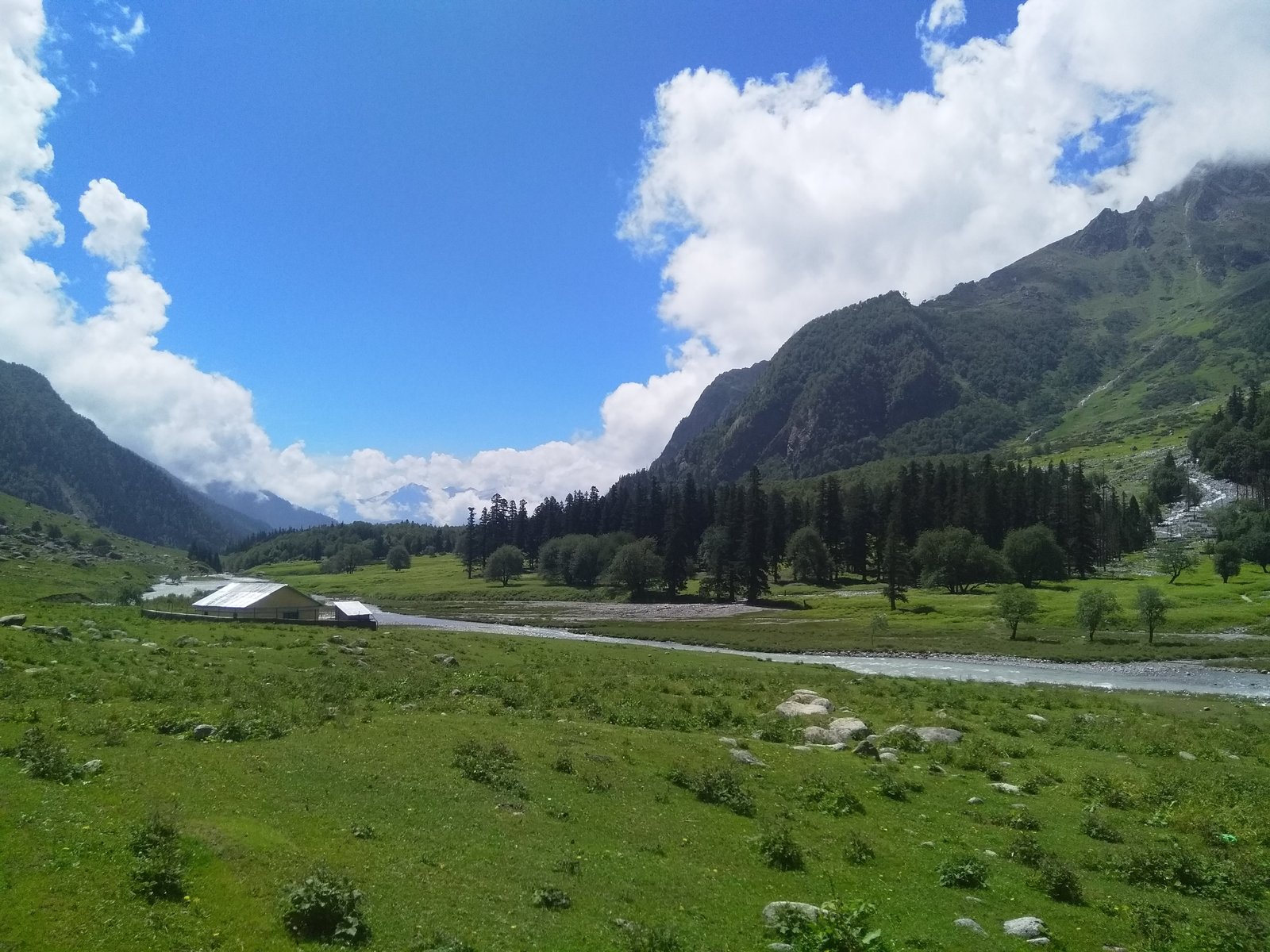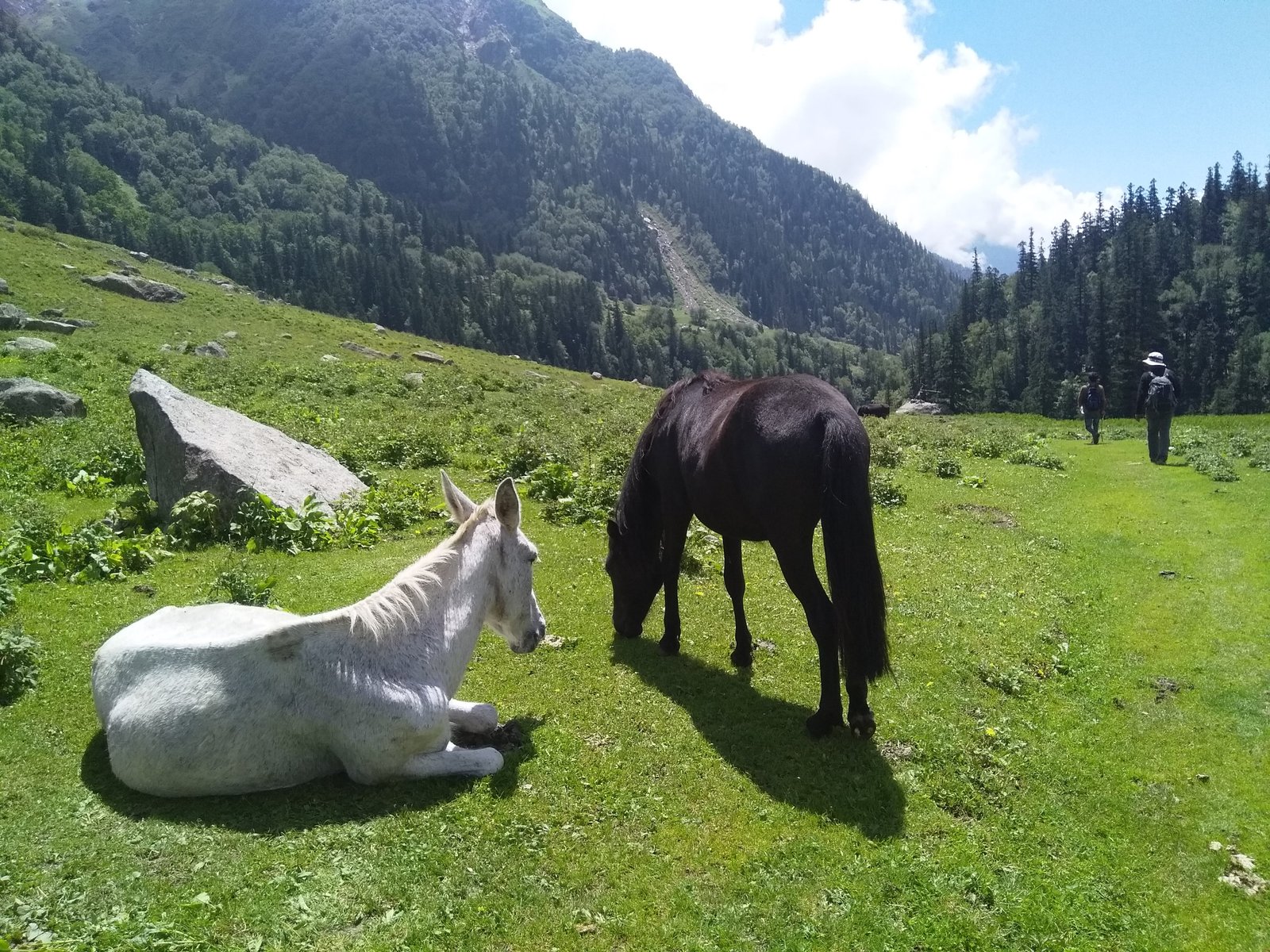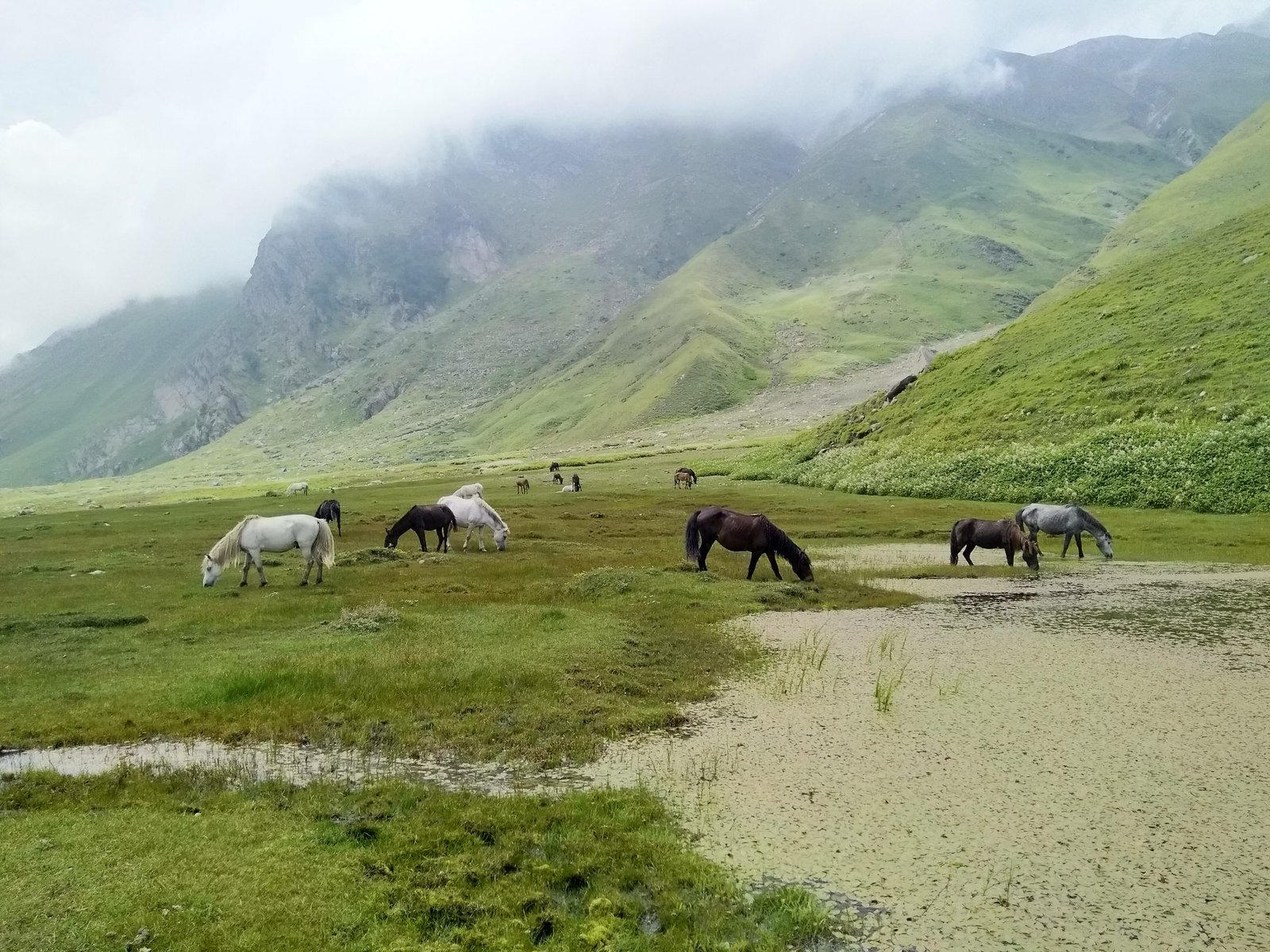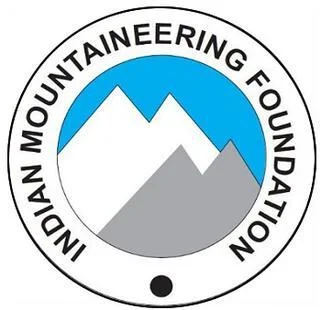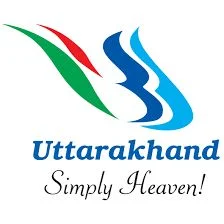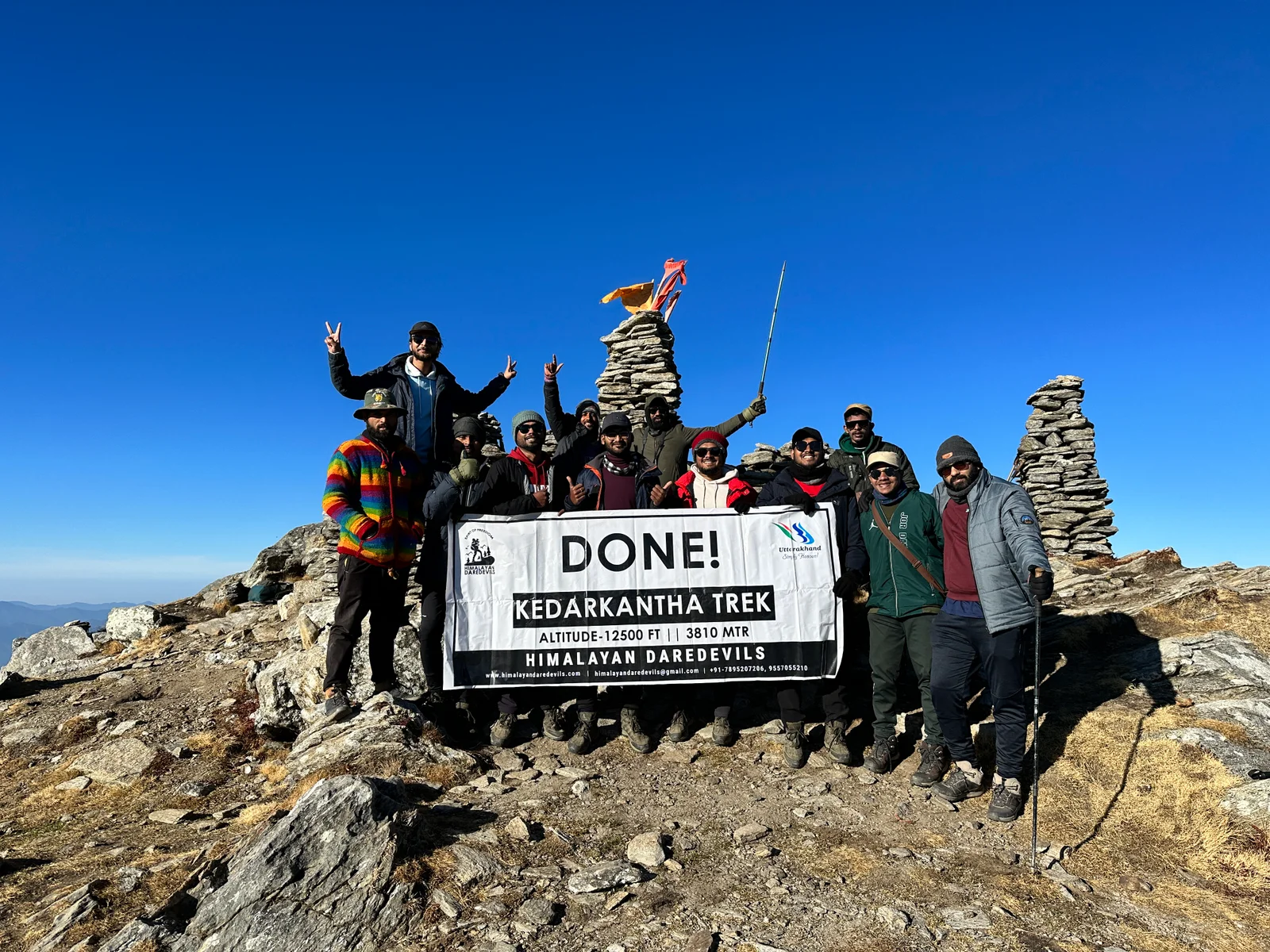Starting From
15,870
13,800.00
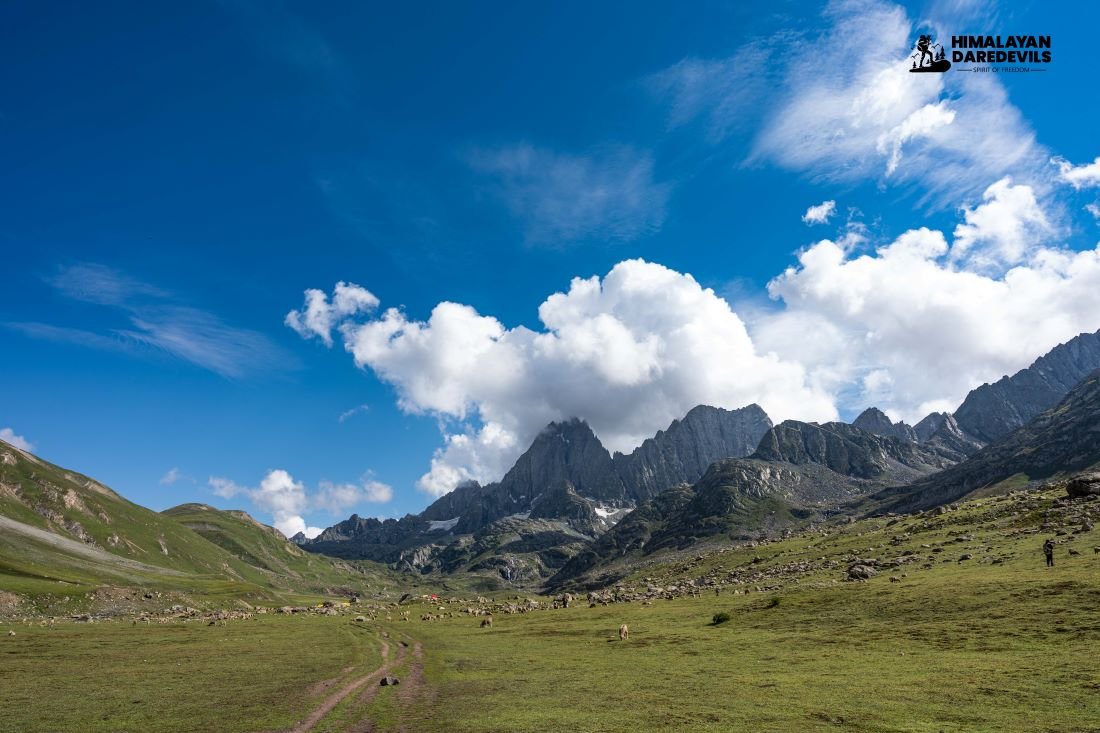
Starting From
15,870
13,800.00
Starting From
15,870
13,800.00
Brammah Valley Trek (116+ Reviews)
One way trail. The trek starts and ends at Sounder Village
Jammu is the nearest rail head to the base camp
Jammu Airport
Sounder Village
July, August, September
Sounder Village to Sounder Village
Veg
Camping
Jammu and Kashmir
7 Days
Moderate
11600 Ft
48 Km
Overview
While some of our treks in Jammu & Kashmir are very popular, only a few know that other treks in Jammu & Kashmir are equally exciting, yet the adventure is different.The new Brammah Valley trek in the Kishtwar National Park blends the beauty of Kashmir with the kind of landscape we have not usually seen on treks.
On this trek, you are trekking through the heart of the Kishtwar National Park. Kishtwar is known for its dense forest. You trek through the forests every day of your trek. The gradient of these forests is gently ascending with short steep sections, making it a very pleasant trek.
Kishtwar is surrounded by high mountains, making it a natural fortress. The steep mountains provide a natural barrier to the outside world. This may be why Kistwar has always been so isolated from the rest of the country. The Kistwar valley is also known for its alpine meadows and high-altitude wetlands. Our Brammah Valley trek takes us through each of these wonders.
Itinerary
Today is a travel day. It’s a long journey on a scenic route to Sounder village. It's a comfortable drive on the National Highway until Kishtwar. From Kishtwar, the road conditions deteriorate but the drive gets more scenic. The Chenab river accompanies you. Just a few kilometres before Sounder, the Chenab river splits into Chandrabhaga and Marwah rivers. There onwards, the road to Sounder village follows Marwah river. Once you reach Sounder village - the base camp of the trek, explore around. Talk to the villagers. It gives a good insight into the culture and lifestyle of the locals. It’s only on treks like this, you get an opportunity to interact with the people of remote villages in our country.
-
Trek Duration: 8 hours | Trek Distance: 12 km
Altitude gain: 5,600 ft to 7,890 ft
The trek starts from Sounder village. Sounder is a village located on the bank of the Kibber river surrounded by beautiful farmlands.
About 2km metres ahead of Sounder village, you come to Suid village. Cross the wooden bridge to get onto the other side of the Nath river. Continue to trek in the beautiful farmlands ahead. You get closer to the Nath river and start trekking parallel to it from this point.
Continue your trek parallel to Nath river to reach the big rock point called Druna Giri. Just a few metres ahead of this is a place called Bhuman Chor. The legend says that Bheem from the Mahabharatha used to bathe here.
It’s a flat walk in the valley for almost half a kilometre until you reach another wooden bridge. As you cross the bridge to enter the right side of the river again, a steep ascent starts. It’s a switchback trail. You have now entered the forest section.
As you trek under the shades of tall coniferous trees for a kilometre more, you enter the territory of Honzad village. The village is on your left-hand side, on the other side of the river. But you can see the beautiful houses of Honzad from the distance. A little ahead is the forest rest house. There is a camping ground just next to the forest resthouse.
After this, you enter the dense forest trail. This is a mixed pine forest with an abundance of chir pine trees and abies pindrow with a sprinkle of maple trees. The trail is well laid throughout. The forest section opens up to a view of the valley every now and then to your left. It’s quite a refreshing easy walk in the dense forest trail.
About 1.5 km of a trek later, you enter another village called Nath - the last village on the trek. Nath is a hanging village to your left on the other side of the river and you get a beautiful aerial view of this village from the trail. This is one of those villages where you can witness people from different religions come together and live in absolute harmony.
About 100 metres ahead is a small water stream that you have to cross on foot. This trek has water sources in abundance. Just after this, there is a diversion through wooden bridge to cross the Nath river and get to the Nath village. But continue on the trail ahead in the same direction.
From Nath village, the trail dives into the forest section again and continues for the next 4 km until you reach the Gogut campsite. But at every turn, you come across an opening that offers you jaw-dropping views of the valley. Savour every bit of this forest walk.
Before you know it, you reach Gogut - the first campsite of the trek. It’s a beautiful clearing with a water stream flowing behind and the gushing river flowing on the left. The high mountains rise on both sides. There is a small temple also.
-
Trek Duration: 6 hours | Trek Distance: 8 km
Altitude gain: 7,890 ft to 9,577 ft
Today is another long day. From the Gogut campsite, continue towards the wooden bridge. The trail is in the forest section dominated by pine trees. The forest section today is more serene and isolated as there is no habitation going further.
Continue your trek in the pine forest for another 700 metres, and you will come across a landslide zone. Be cautious while navigating here. A few 100 metres ahead is an opening on your left. You trek on the banks of the Nath river in this stretch. At the end of this stretch is a place called Bhujal Bhath.
Half a kilometre ahead is where the valley opens up again. Similar to what you experienced on Day 2, the forest section opens up every now and then to offer you breathtaking views of the Brammah valley. From here, the trail ascends. About 300 metres ahead, you come across a broken trail. Navigate carefully through this section. It’s a steep ascent from here to Chugnu.
After Chugnu, you cross the river through a bridge. From here, you again start trekking on the left of the river. Continue to trek in the sparse pine forest for a few 100 metres to reach a grand opening. This reminds you of the Kashmir landscape. On a clear day, you get the first glimpse of Eiger and Tarparan peaks from here.
As you go a little further, you get to see a beautiful waterfall on your right. The terrain from here is a river bed with loose scree. During heavy rains, the river flow extends to this section as well. In that case, there is another longer trail right next to it which you can take.
Going further, you reach another opening called Kulsar before entering the forest again. Now, it’s an ascent inside the forest. Savour this forest trail as this is the last forest stretch for the day. About a kilometre of ascent will open up to the views of the valley. This point is called Waathaval. There is a shrine next to it.
500 metres from Waathaval is another flat meadow called Hawal. It’s a beautiful place. The valley opens up from here. A few metres ahead is a stream crossing. Cross the stream hopping onto the boulders. There are some shepherd's huts ahead of this.
The trail is now again on the river bed. 400 metres of a trek along the river bed takes you to a Shiva temple. There is a water source next to it as well. You can replenish your water supplies here.
Half a kilometre ahead is another stream crossing. These stream crossings are notorious during heavy rains. So be cautious of your footing. Almost a kilometre ahead, you get the first glimpse of Mt Brammah Wife. Half a kilometre ahead is the second campsite of the trek - Kaikut.
Kaikut is a beautiful campsite that offers mesmerizing views of the Eiger, Tartaran and Brammah Wife peaks. Alpen glow on these during golden hour is something you must not miss.
-
Trek Duration: 4 hours | Trek Distance: 4.5 km
Altitude gain: 9,577 ft to 10,960 ft; to 11,600 ft and back to 10,960 ft
Today is the summit day. Brammah Valley is one of the very few treks where you get to camp next to the summit. As you go ahead from Kaikut, there is a water stream and a clearing. A little ahead is a god idol.
From here, there are two trails that lead to Hudh Mata temple. The trail on the left is through the stairs and on the right is the trail that takes you through the forest. Hudh Mata is a temple that has religious significance to the people of this region. There is a Yatra that happens in the month of July every year, for which people from across villages and cities come and offer their prayers.
The trail goes through the meadows first and then ascends into the forest through stairs. These stairs lead to Hudh Mata temple. People believe it to be having supernatural powers.
Take the trail that descends to the left of Hudh Mata temple. You come across the forest rest house first and then a rock cave where yatris used to stay before. A little bit of descent in the forest again takes you to a nala (stream). Crossing this Nala is risky, especially in monsoon. Because of many stream crossings like these, this trek is not safe to do in monsoons.
As you trek further, the mountains get closer and closer to you. You start seeing Brammah Wife and Brammah I peaks as well. At this point, Brammah Wife is closer to you. As you continue your trek, Brammah I starts getting closer and closer to you. And you see Eiger and Tarparan peaks on the other side.
Around 3 km from the Hudh Mata Temple is a rain shelter and the Trisangiya temple. 1 km ahead is a wooden bridge through which you cross the river and continue on the other side of the Nath river again. This is also where a trail that diverges from the main trail.
100 metres ahead, you enter the beautiful silver birch forest again. This is a small stretch of a forest and the treeline ends after this. At the end of this 200 metres of forest stretch, you come across a forest hut. A 100 meters ahead of this is Kiddar Maidan - the most beautiful campsite of the trek.
To the right of the Kiddar Maidan is Brammah ridge - the highest point of the trek. It’s around 500 metres of a trek with a steep final climb to the ridge. It’s a vantage point from where you get to witness the close-up view of Brammah I and Brammah Wife. This gives you a summit climb feeling too.
You come back to the Kiddar Maidan and stay there for the day. Kiddar campsite is located on the river delta surrounded by the majestic snow-capped mountains. This campsite has everything. It is bordered by silver birch trees on one side and high-rising mountains on the other side. It’s a huge clearing with lots of scopes to explore around. The alpine glow on mountain peaks during sunset is the one to die for.
-
Trek Duration: 6 hours | Trek Distance: 10.1 km
Altitude loss: 10,960 ft to 8,745 ft
From Kiddar Maidan, you take back the same route that you have come. But this day instead of staying at Kaikut, you camp at Hawal campsite. This is just after the river bed you come across on Day 3.
Hawal campsite is a clearing with high-rising mountains on either side. It gives you a feeling of camping in a valley. With the campsite being different, though you are trekking on the same route, it gives you a different experience altogether. Rest well as tomorrow is going to be a long day.
-
Trek Duration: 7 hours | Trek Distance: 13.3 km
Altitude loss: 8,745 ft to 5,600 ft
From Hawal, continue your trek back towards Sounder. It’s a tad long day with 7 hours of trekking. But it’s the last day of the trek, so savour every bit of it. Enchanting pine forests, adventurous stream crossings and villages that give you a sneak peek into culture of Jammu are some things to look forward to.
-
Drive: 268 km | Duration: 11 hours
Drive back to Jammu via Kishtwar. It takes about 11 hours to reach Jammu.
Brammah Valley Trek Map
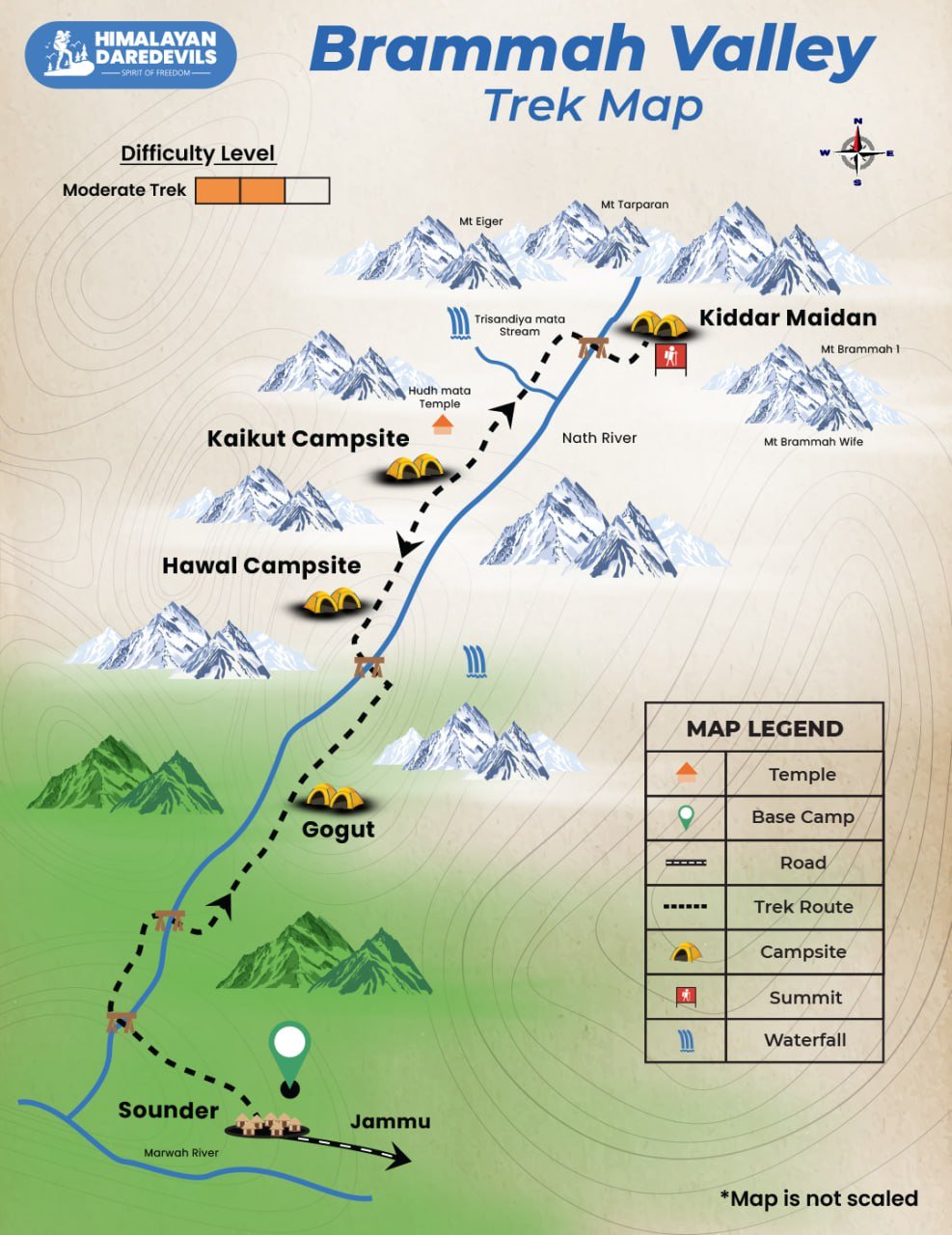
Inclusions
Exclusions
Accommodation - Stay is included from Day 1 to Day 6 (Sounder to Sounder). You will be camping on all days of the trek (3 per tent).
Camping Charges - All trekking permits and forest camping charges are included.
Trekking Equipment - You will stay in high-quality tents and sleeping bags in all the camps. Our high-altitude sleeping bags can withstand temperatures as low as -10 ºC. We provide ice axes, roped, microspikes, gaiters etc. as required.
Meals - All meals from dinner at Sounder on Day 1 to breakfast at Sounder on Day 7 are included. We provide simple, nutritious vegetarian food on all days of the trek.
Safety Equipment - First aid, medical kit, oxygen cylinders, stretchers etc. will be available at all campsites to deal with emergencies.
Transport to and from the base camp - The transport cost should be paid directly to the driver while travelling to and from the base camp. We will arrange the pickup and drop from Indira Chowk (J&K Bank ATM), Jammu - The cost of transport has to be borne by the trekkers together. It'll cost Rs 10,000 for a 5-6 seater vehicle. Transport (Non Ac)
Food during transit - Any food you have during your travel to and from the base camp is in your own expense.
Mules or porter to carry personal luggage. Mules or porter charges to carry personal baggage (Offload Charges for bag 500 per day, per bag. Note: Bag weight should not be more than 10 kg.
Insurance.
5% GST
Any kind of emergency evacuation charges
Any expense incurred or loss cost by reasons beyond our control such as bad weather, natural calamities (landslides, floods), flight delays/rescheduling/ cancellations, any accidents/medical evacuations, riots/strikes/war/pandemics etc.
Anything not specifically mentioned under the inclusion
Accommodation - Stay is included from Day 1 to Day 6 (Sounder to Sounder). You will be camping on all days of the trek (3 per tent).
Camping Charges - All trekking permits and forest camping charges are included.
Trekking Equipment - You will stay in high-quality tents and sleeping bags in all the camps. Our high-altitude sleeping bags can withstand temperatures as low as -10 ºC. We provide ice axes, roped, microspikes, gaiters etc. as required.
Meals - All meals from dinner at Sounder on Day 1 to breakfast at Sounder on Day 7 are included. We provide simple, nutritious vegetarian food on all days of the trek.
Safety Equipment - First aid, medical kit, oxygen cylinders, stretchers etc. will be available at all campsites to deal with emergencies.
Transport to and from the base camp - The transport cost should be paid directly to the driver while travelling to and from the base camp. We will arrange the pickup and drop from Indira Chowk (J&K Bank ATM), Jammu - The cost of transport has to be borne by the trekkers together. It'll cost Rs 10,000 for a 5-6 seater vehicle. Transport (Non Ac)
Food during transit - Any food you have during your travel to and from the base camp is in your own expense.
Mules or porter to carry personal luggage. Mules or porter charges to carry personal baggage (Offload Charges for bag 500 per day, per bag. Note: Bag weight should not be more than 10 kg.
Insurance.
5% GST
Any kind of emergency evacuation charges
Any expense incurred or loss cost by reasons beyond our control such as bad weather, natural calamities (landslides, floods), flight delays/rescheduling/ cancellations, any accidents/medical evacuations, riots/strikes/war/pandemics etc.
Anything not specifically mentioned under the inclusion
What to carry
Trekking shoes: A good pair of trekking shoes is essential for a comfortable and safe trek. Look for shoes that are sturdy, provide good ankle support, and have a good grip on different types of terrain.
- Backpack with rain cover (50-60 ltr): A backpack is necessary to carry all your gear. Make sure it's the right size for your trek, and comes with a rain cover to keep your belongings dry in case of rain.
- Thermals (upper and lower): Thermals are lightweight and comfortable base layers that help regulate your body temperature in cold weather. Bring both upper and lower thermals to keep warm.
- 3 T-shirts (advisable quick dry): Choose quick-drying T-shirts made from breathable and moisture-wicking materials. This will help keep you cool and dry during your trek.
- 2 trek pants: Choose lightweight and comfortable trek pants that are easy to move in and can dry quickly if wet.
- Jacket (-10 degree): A warm jacket is essential for cold weather. Choose a jacket that is waterproof and windproof, and provides good insulation.
- Fleece or hood (2): Fleece jackets or hoodies are great mid-layer options to keep warm. Bring at least two, as they can also be used as an extra layer at night.
- Sunglasses (UV protected): Protect your eyes from the sun's harmful UV rays with sunglasses that are designed for outdoor activities.
- Sun cap: A sun cap or hat with a brim will protect your face and neck from the sun.
- Hand gloves: Bring a pair of lightweight gloves to keep your hands warm and protected from wind and sunburn.
- Woollen cap: A woollen cap will keep your head and ears warm at night or in cold weather.
- Socks (3 pairs min): Bring at least three pairs of good quality socks that are moisture-wicking and provide good cushioning and support for your feet.
- Headlamp: A headlamp will come in handy if you're hiking in low-light conditions or need to find your way in the dark.
- Trekking pole (if needed): Trekking poles can help reduce strain on your legs and provide additional support on steep terrain.
- Rain cover\poncho: A rain cover or poncho will keep you and your gear dry during unexpected rain showers.
- Day pack (if you plan to offload your bag): If you plan to offload your backpack during the trek, bring a smaller day pack to carry essentials like water, snacks, and a first aid kit.
- A toiletry kit: Bring a small kit with personal hygiene items, such as a toothbrush and toothpaste, wet wipes, hand sanitizer, and toilet paper.
- Lunchbox, cup, spoon: If you plan to bring your own food, bring a lunchbox, cup, and spoon to carry and eat your meals.
- 2 one-litter bottles: Staying hydrated is crucial, so bring at least two one-liter bottles to carry water.
- 2-3 plastic covers to keep your wet or used clothes: Plastic bags are useful for keeping wet or dirty clothes separate from the rest of your belongings. They can also be used to pack out any trash or waste you generate during the trek.
How to reach
.
Fitness and preparation guide for Brammah Valley Trek
FAQ
.
Cancellation policy
Life is unpredictable and we understand sometimes you have to cancel or change your trip dates and it is our endeavour to make it as easy possible for you. However, please understand we plan everything including guide fees, permits, accommodation and ration in advance. Therefore any cancellation means inconvenience and certain losses to the people involved in various stages of programme. Keeping that in mind, our cancellation charges are as below-
Cancellation prior to 30 days from start of the event: Get monetary refund with 15% of cancellation charges on trek fee.
Cancellation between 30 days and 15 days to the start of event: 50% on trek fee is non refundable and the remaining 50 % will be given as cash voucher which is valid for 1 year.
Cancellation less than 15 days to the start of event: No refund.
Please note cancellation will be only accepted by email.
Booking amount is non refundable
Note: The Himalayan Daredevils reserves the right to cancel a programme before departure in the event of logistical problems arriving due to natural calamities, strikes, wars on any other circumstances that makes the event inadvisable. In this case, 50% on trek fee is non refundable and the remaining 50 % will be given as cash voucher which is valid for 1 year.
Itinerary changes & trip delays:
We plan itineraries based on the information at the time of planning and in rare circumstances, there are subject to change. In the event that the itinerary is changes or delayed due to unforeseen circumstances such as bad weather conditions, transportation delays, government intervention, landslides etc. We will always aim to give you the best experience possible. However The Himalayan Daredevils are not be held responsible for the cost of delay or changes.
Why Choose Us
